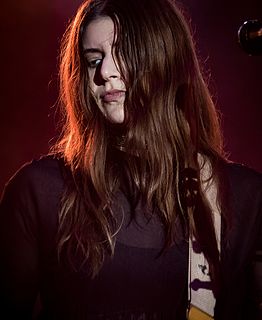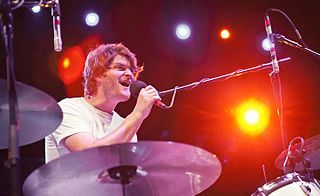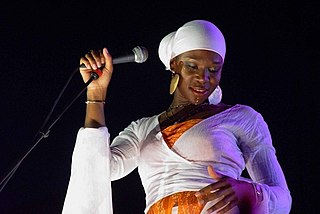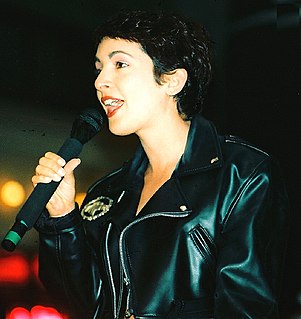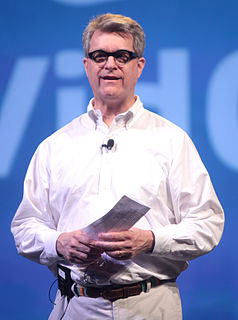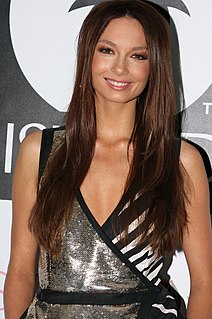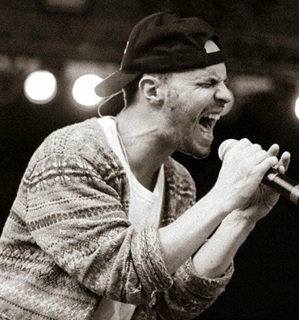A Quote by Mike Patton
I lived in Italy for a number of years and I was really digging around trying to get my hands dirty, trying to learn about Italian music. And what I ended up gravitating towards was this stuff from the '50s and '60s and maybe early '70s, where there were these incredibly talented pop singers that weren't using pop bands.
Related Quotes
I think people assume that whatever kind of music you make is the music you listen to. Don't get me wrong, I listen to tons of pop music and all the music that really inspires Best Coast is very straightforward '50s and '60s pop music, but I've been listening to R&B and rap since I was a kid. I grew up in L.A. It's part of the culture. I listen to anything.
When I was a kid, a lot of my parents' friends were in the music business. In the late '60s and early '70s - all the way through the '70s, actually - a lot of the bands that were around had kids at a very young age. So they were all working on that concept way early on. And I figured if they can do it, I could do it, too.
I was seduced by the nouvelle vague, because it was really reinventing everything. And the Italian cinema that one would see in the theaters in the late '50s, early '60s was Italian comedy, Italian style, which, to me, was like the end of neo-realism. I think cinema all over the world was influenced by it, which was Italy finding its freedom at the end of fascism, the end of the Nazi invasion. It was a kind of incredible energy. Then, late '50s, early '60s, the neo-realism lost its great energy and became comedy.
When you look at what we can call the golden era of concept albums, which starts in the mid or late '60s and ends maybe in the early '80s, it's an interesting time for music. You see all these very established and popular acts and bands and artists that were somehow on the top of their game but really trying to experiment.
I feel like kids that grew up in New York City or in L.A. were exposed to all these subcultures and subgenres, whereas I was only exposed to the poppiest of pop music so I never had this negative connotation towards pop music. That's not South African music having an effect on me, but just how international music was filtered through South Africa affected me. It gave me a not-negative connotation towards pop music growing up.
I think 'pop' can be a bit of a dirty word. People are very cool in Australia. They don't like to admit that they like pop. There are people who listen to Triple J and cool stuff like that, but commercial radio is massive, and if you look at the sales of the pop songs every week, people love pop music.

